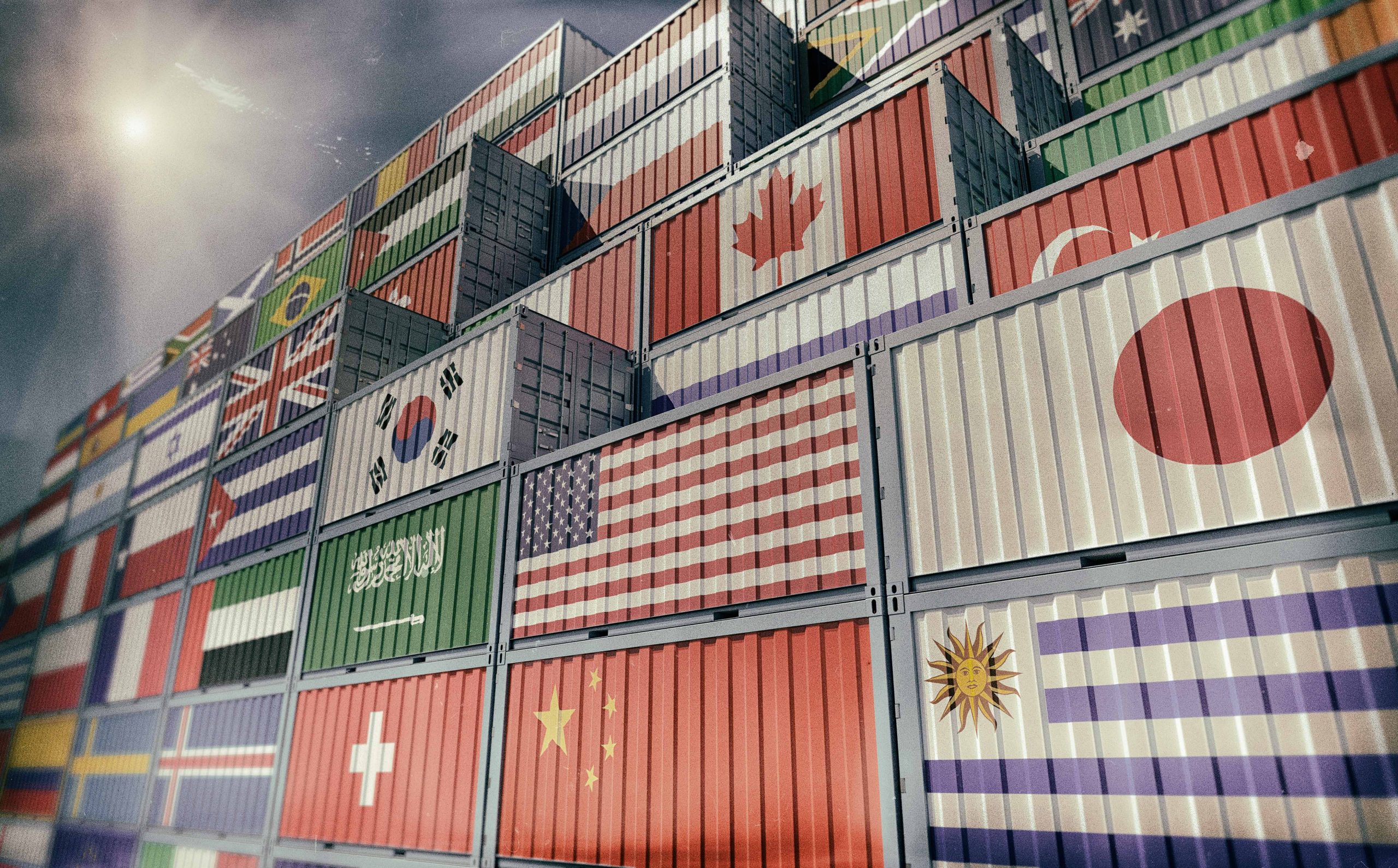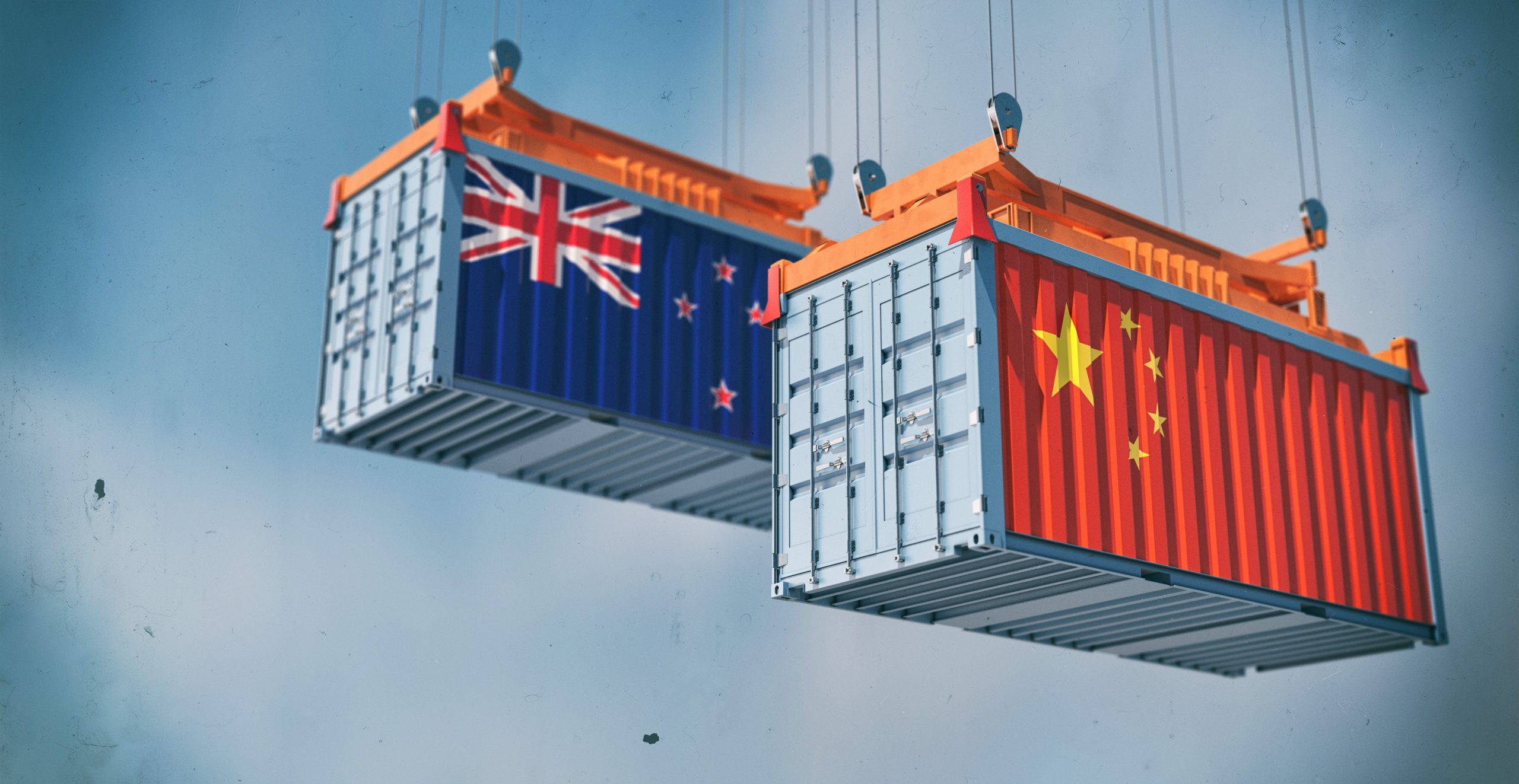How to Import Pesticides into Nigeria
How to Import Pesticides into Nigeria
Importing pesticides into Nigeria is a big business. However, it is also a dangerous one. As a result, many people have been injured and killed in the process of importing them over the years. In order to import pesticides successfully, you must follow these guidelines for getting your shipment through customs without being caught.
Step One: Avoid declaring the pesticides as “pesticides” to customs officials at all costs
Step Two: Ship from an African country to Nigeria so that it appears as if you are importing food rather than chemicals
Step Three: Use common sense
Importing Pesticides into Nigeria
Importing pesticides into Nigeria is a big business. However, it is also a dangerous one. As a result, many people have been injured and killed in the process of importing them over the years. In order to import pesticides successfully, you must follow these guidelines for getting your shipment through customs without being caught.
Step One: Avoid declaring the pesticides as “pesticides” to customs officials at all costs
Step Two: Ship from an African country to Nigeria so that it appears as if you are importing food rather than chemicals
Step Three: Use common sense
Why Importing Pesticides is Dangerous
Importing pesticides into Nigeria is a lucrative business, especially for those that are not properly informed. Pesticides are not only dangerous to work with, but they can also be lethal if handled incorrectly.
One of the most common reasons why importing pesticides is so dangerous is because many people in Africa do not know how to handle them. These pesticides are often very toxic and require special training in order to safely handle them. As a result, many people have been injured or killed in the process of importing pesticides over the years.
Another reason why importing pesticides is dangerous is because it’s difficult to control the quantity of pesticide being imported. It can be easy for a person to lie about how much they’re bringing into the country and accidentally put too much pesticide into their shipment—which could make it lethal if not handled correctly.
Pesticides also pose a risk for food products as well as other chemical products that could be mixed with them during transit. This means there’s a chance that your shipment may end up contaminating food products from other shipments as well as from those from ports where you import your goods from abroad.
Guidelines for Successful Importing
Step One: Avoid declaring the pesticides as “pesticides” to customs officials at all costs
– If you declare your shipment as pesticides, it is likely that they will be seized and you will not be able to import them into Nigeria.
– Pesticides are highly regulated in Nigeria and can only be imported if they are registered with the Nigerian Ministry of Agriculture.
– Do not state that you are importing chemicals or pesticides on the invoice. Instead, state that you are importing food for resale.
Step Two: Ship from an African country to Nigeria so that it appears as if you are importing food rather than chemicals.
– You must ship your pesticides from an African country to Nigeria in order to import them successfully. This way your shipment will not be flagged for being dangerous on customs’ scanners, which could lead to seizure of your shipment.
– Shipping through a shipping agent who specializes in this type of shipping may reduce some risk because they have experience doing this type of work.
Step Three: Use common sense
– Do not bring anything illegal into Nigeria. Customs officials are very aware of what kinds of things are illegal to import into Nigeria and will seize any shipments they suspect are illegal goods.
Conclusion
Importing pesticides into Nigeria is a big business. However, it is also a dangerous one. As a result, many people have been injured and killed in the process of importing them over the years. In order to import pesticides successfully, you must follow these guidelines for getting your shipment through customs without being caught.
Step One: Avoid declaring the pesticides as “pesticides” to customs officials at all costs
Step Two: Ship from an African country to Nigeria so that it appears as if you are importing food rather than chemicals
Step Three: Use common sense







LEAVE A COMMENT
You must be logged in to post a comment.